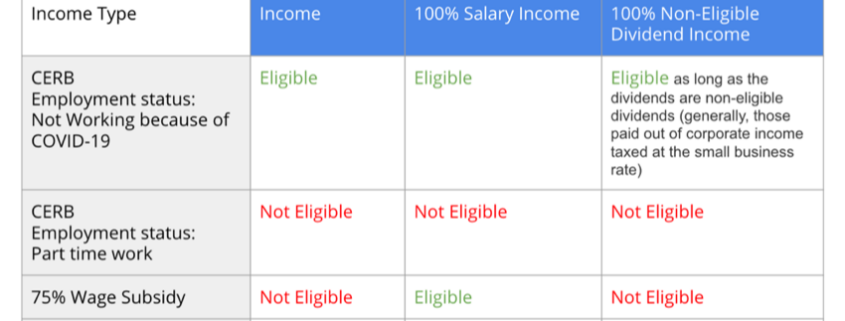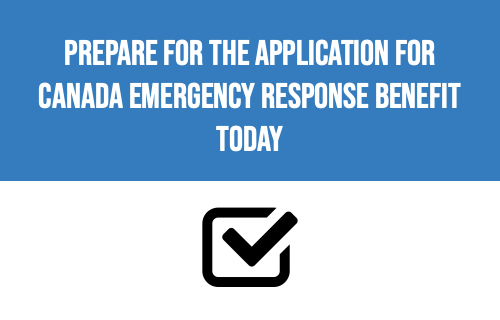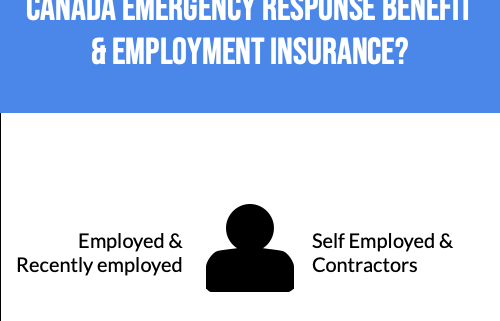Many investors over the age of 60 find themselves in a quandary regarding investments that they intend to leave to their heirs. The primary concern involves the desire to conserve the investments they are bequeathing while at the same time earning a reasonable rate of return. As we all know, the volatility of the equity markets can be cruel and this can be most detrimental when investments do not have time to recover after a downturn. As a result, many mature investors choose to accept low rates of return in order to avoid loss in the funds they wish to leave to family members.
If you share these concerns, then Segregated Funds (also known as Guaranteed Investment Funds) may be the solution. Segregated Funds are similar in performance and cost to Mutual Funds but come with some very attractive advantages. Since Segregated Funds are offered by life insurance companies, they contain guarantees both at maturity and at death. Upon maturity the value of your investment is guaranteed to be the higher of the market value or up to 100% of the amount invested. At death, the guarantee is the higher of the amount invested (less withdrawals), fair market value or a previously reset market value. It is this death benefit guarantee that is particularly appealing for estate planning.
This guarantee allows for the potential of higher returns without taking on more investment risk. Without the alternative of segregated funds, a mature investor wishing to protect capital might be forced to invest in a low interest rate fixed income vehicle, which after income tax, may return less than inflation. With Segregated Funds that same investor could select a well managed investment fund guaranteeing that the beneficiaries could receive no less than 100 % on the funds invested regardless of market performance.
Segregated Funds usually contain a provision which will lock in gains made prior to death. Depending on the insurance company these resets automatically occur every one to three years up until age 80.
Market volatility is not the only challenge to investments being willed to heirs. The process of probating a will can also be of concern. This process can be a lengthy one, sometimes lasting months, occasionally even years. The cost of probate is also not insignificant especially if lawyers are required to assist. Also, assets left in a will can be subject to challenge in court causing even further delays not to mention anxiety (and legal fees). Segregated Funds, however, being a product offered by a life insurance company pass by way of a beneficiary designation. This not only by passes probate, but also does not incur any administrative or executor costs.
The beneficiary designation also avoids any court challenges such as would be the case in a will’s variation action. Another important consideration is that, with a named beneficiary, it can be creditor proof and not subject to litigant claims. The confidential nature of the beneficiary process compared to the public aspect of probate is also be worth considering.
In order to assess if Segregated Funds are right for you as a mature investor, ask yourself the following:
-
Do I want better returns without taking on more investment risk?
-
Do I want to avoid probate fees and administrative costs which will reduce the inheritance I leave to my family?
-
Do I wish to avoid any delays in my heirs receiving the funds I wish them to have when I die?
-
Do I want to avoid any creditor or litigant claims on the funds I am leaving to my heirs?
-
Do I want to keep bequests that I make at my death completely confidential?
If you have answered “yes” to any of the above, then you should investigate the use of Segregated Funds in your estate planning.










